Certifications, Standards and Compliance
The standards listed below are adopted at a group level: for a single-site detail, please refer to the page of each station.
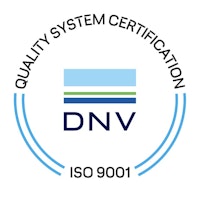
In an extremely competitive market, the certification of a company's Quality System represents an essential reference point for the products and services the company places on the market.
System in compliance with the new edition of the standard (ISO 9001:2015) ensure all the functions are more oriented towards the final result and greater attention is given to the internal and external customer.
Application of the ISO 9000 standards, through optimisation of the internal management system, favours long-term continuous improvement in company performance, thereby increasing its market competitiveness.
Alha Airport MXP has obtained ISO 9001 Certification in January, 2000.
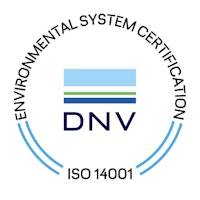
ISO 14000 is a family of standards related to environmental management that exists to help organizations minimize how their operations negatively affect the environment, comply with applicable laws, regulations, and other environmentally oriented requirements and continually improve in the above.
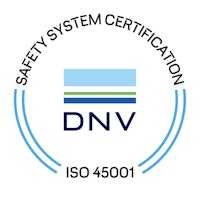
ISO 45001 is an ISO standard for occupational health and safety management systems (OH&S), published in March 2018. The objective of ISO 45001 is the reduction of occupational accidents and illnesses.
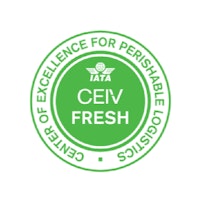
The specific time and temperature requirements for food and plant products makes the handling and transporting of perishable products challenging. The CEIV Fresh program meets these exacting requirements primarily based on the IATA Perishable Cargo Regulations (PCR) which combines professional regulatory and operational input from industry and government experts.
Alha Group, among the first operators globally to have joined the program launched by IATA, in September 2019 obtained the IATA CEIV Fresh certification for its perishable centers in Milan Malpensa and Rome Fiumicino.
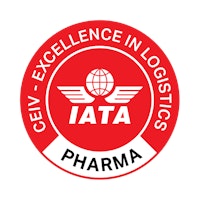
Alha Cargo Terminals in Milan Malpensa and Rome Fiumicino are the major gateways for handling and distribution of healthcare products in Italy, both IATA CEIV Pharma Certified; in 2019 Alha has extended IATA CEIV Pharma Certification throughout its offline network and can now provide the largest range of specialized services for pharmaceutical products in Italy.
Transporting healthcare products by air needs the establishment of complex logistical methods to maintain a pharmaceutical shipment’s integrity. It requires specific equipment, storage facilities, harmonized handling procedures and, above all, strong cooperation among the cold chain partners. Developed by IATA in close cooperation with the pharmaceutical industry stakeholders and regulators, CEIV Pharma program covers all aspects of time-sensitive and temperature-controlled cargo shipping, including effective cool chain management and risk mitigation.
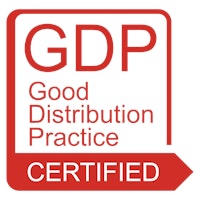
Good Distribution Practices (GDP) is a quality system for warehouse and distribution centers dedicated for medicines. Internationally accepted pharmaceutical GDP regulations stipulate that distributors of pharmaceutical products must align their operations with the standards. The scheme ensures that consistent quality management systems are in place throughout your entire supply chain.
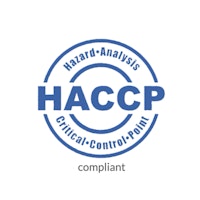
HACCP (Hazard Analysis and Critical Control Points) is a set of procedures based on prevention, aimed at guaranteeing the healthiness of food.
Alha Group guarantees full compliance with the HACCP system in all stages of transport and handling of food products, on its entire network.
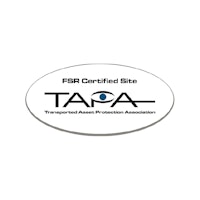
Alha Airport Cargo Terminal in MXP has been the first cargo terminal to obtain TAPA TACSS Level 1 in EMEA Region.
TAPA Air Cargo Security Standard is a certifiable security programme for the air cargo industry that is aimed to provide quantifiable standards and industry recognised methods to help reduce the risks to air cargo while in the care and control of ground handlers and their partners.
TACSS is a global initiative involving all three TAPA regions and is the result of a project that started in mid-2009 to create a set of certifiable standards for warehouses/operations handling air cargo shipments: on a loss prevention and asset protection perspective, TAPA TACSS is the only certification that covers some unique aspects that are exclusive to the securing of air cargo.
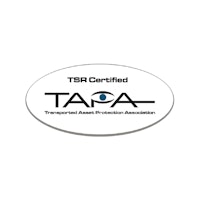
TAPA TSR (Truck Security Requirements) specifies the Security standards for Trucking Services: the certification can be achieved at one of three levels: 1, 2, and 3, with 1 being the highest level of security.
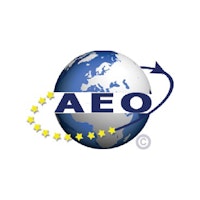
An Authorized Economic Operator (AEO) is defined by the WCO SAFE Framework of Standards as a party involved in the international movement of goods, in whatever function, that has been approved by, or on behalf of, a national Customs administration as complying with WCO or equivalent supply chain security standards.
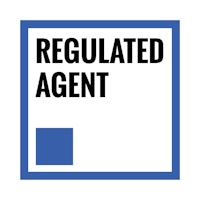
The European Union has a robust and well-established air cargo and mail security regime wherein all cargo and mail must be physically screened or come from a secure supply chain before being loaded onto an aircraft. Purpose is to ensure the absence of articles that could be used to commit an act of unlawful interference, such as explosive devices.
In a secure supply chain individual members perform security controls and protect secured consignments from unlawful interference throughout their journey. Potential actors in the secure supply chain are account consignors or known consignors which originate cargo or mail and regulated agents that screen and/or forward cargo or mail to air carriers, which are the final node. Known and account consignors are typically manufacturers of the cargo. Entities that may be approved as regulated agent include air carriers, handling agents and freight forwarders. Physical screening may only be carried out by a regulated agent.
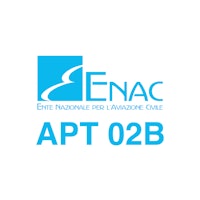
Airport handling operators regulation: ENAC - certification and surveillance of airport ground handling service providers.
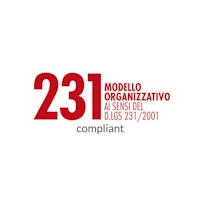
The "231" organization and management model, pursuant to Italian law, indicates an organizational model aimed at preventing the criminal liability of entities. Its definition is provided mainly within article 6 of Legislative Decree 8 June 2001, n. 231.
This regulation, which deals with the discipline of administrative liability, has introduced into the Italian legal system, in accordance with the provisions also at European level, a new liability regime called "offense", deriving from the commission or attempted commission of certain cases of crime in the interest or for the benefit of the entities themselves.
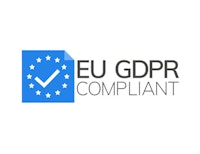
On May 25, 2018, Regulation (EU) 2016/679, known as the General Data Protection Regulation (GDPR) was passed by the European Parliament, the Council of the European Union, and the European Commission in order to strengthen and unify data protection for all individuals within the European Union (EU). GDPR is a regulation that requires businesses to protect the personal data and privacy of EU citizens for transactions that occur within EU member states and regulates the exportation of personal data outside the EU.